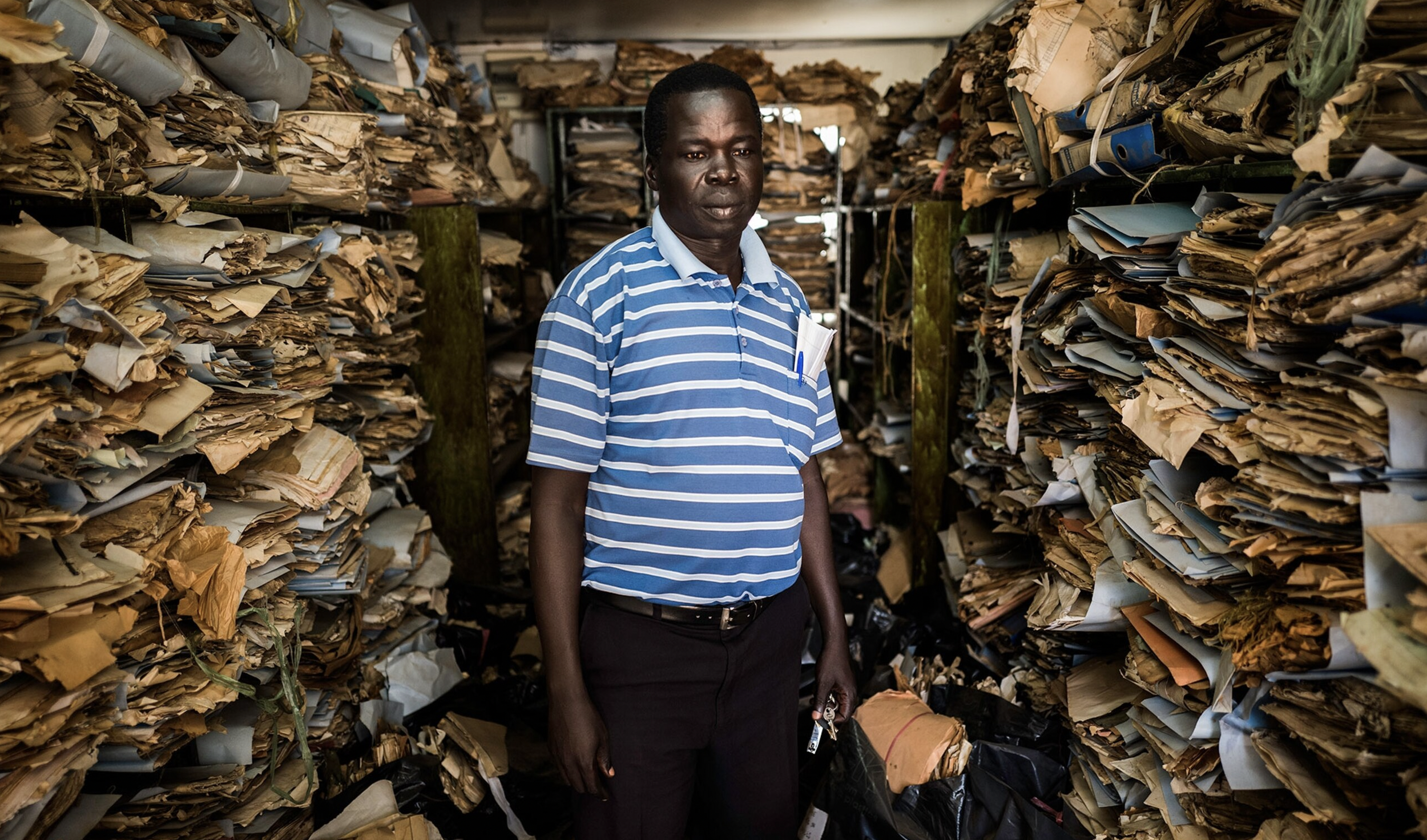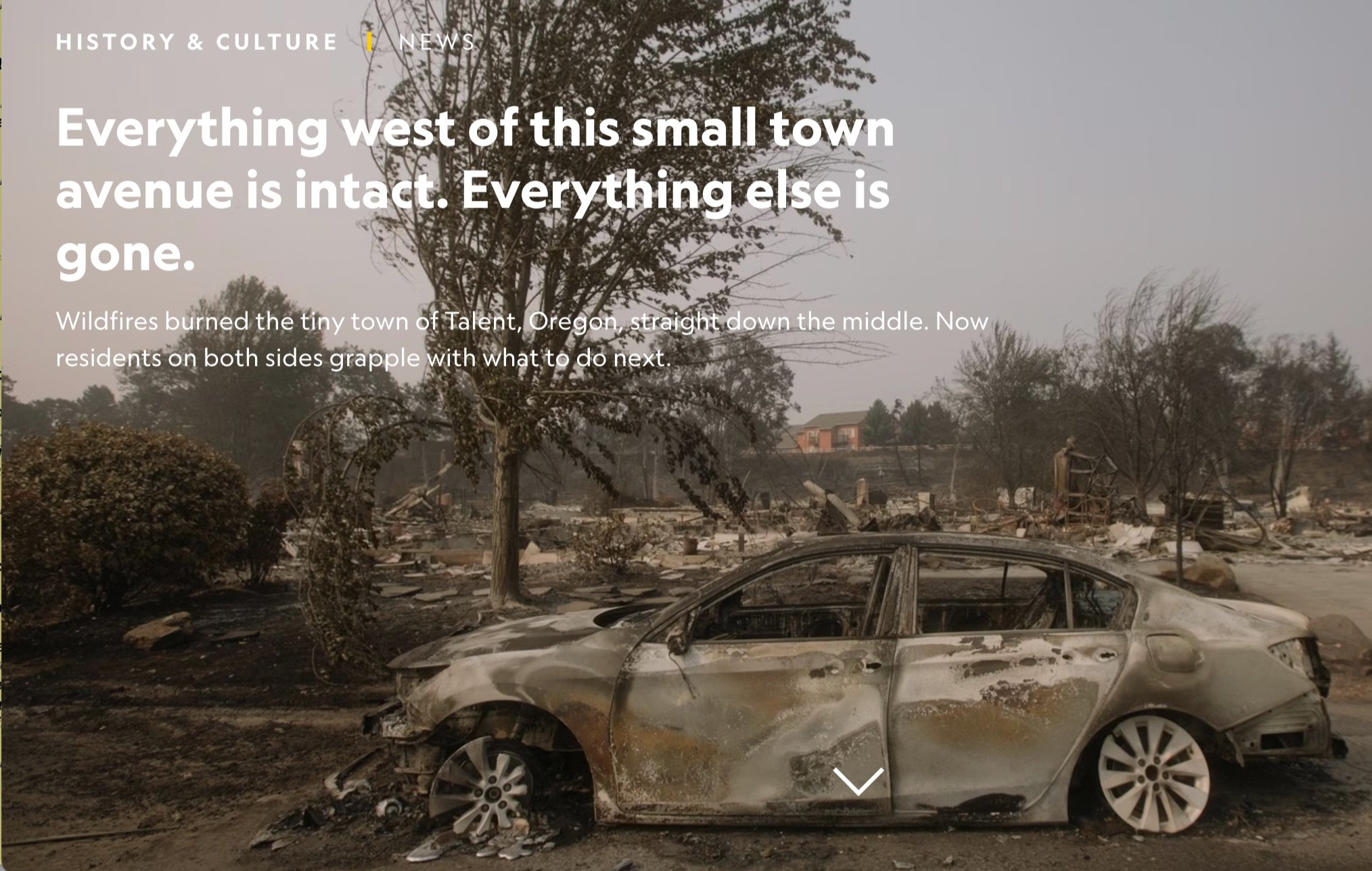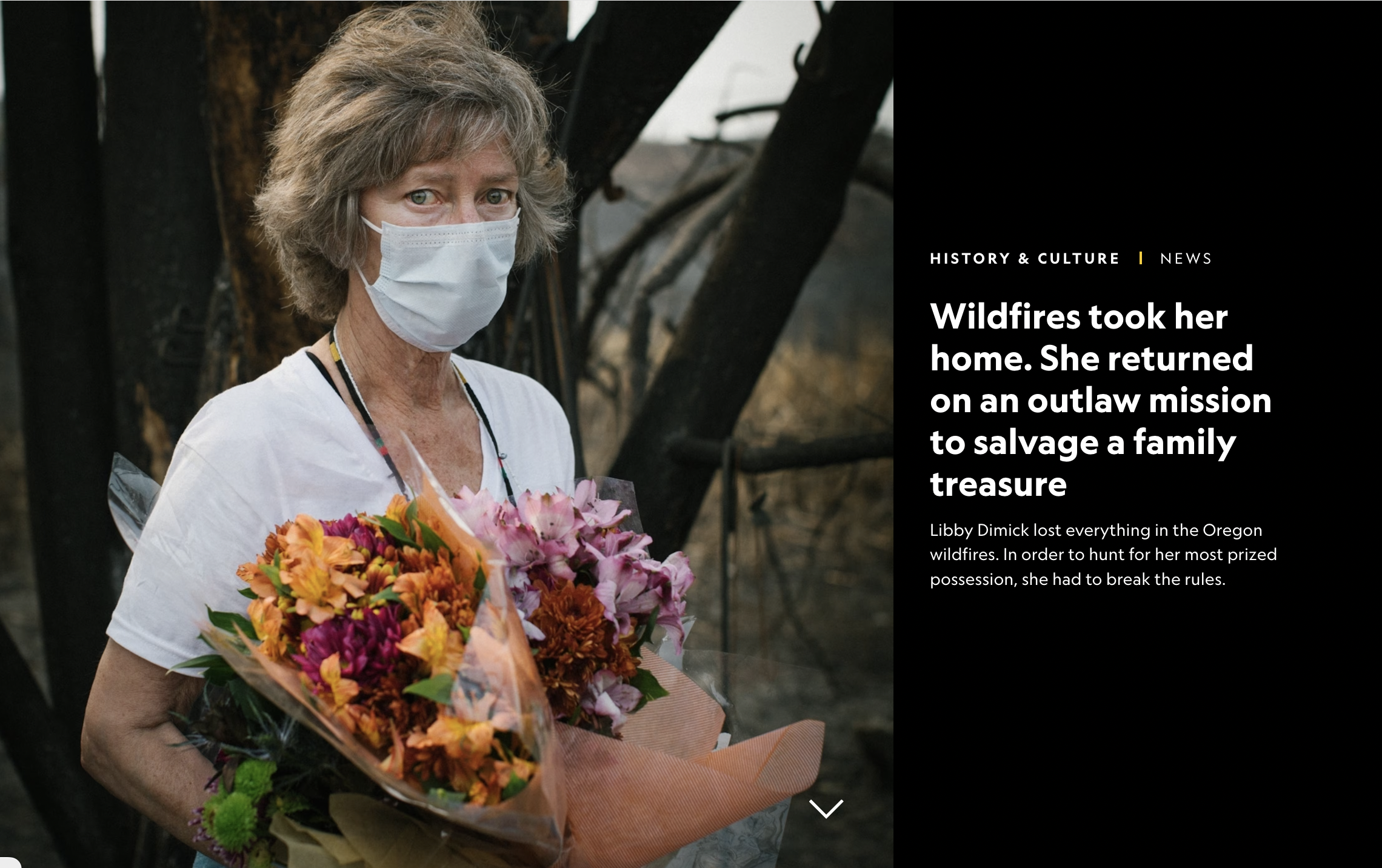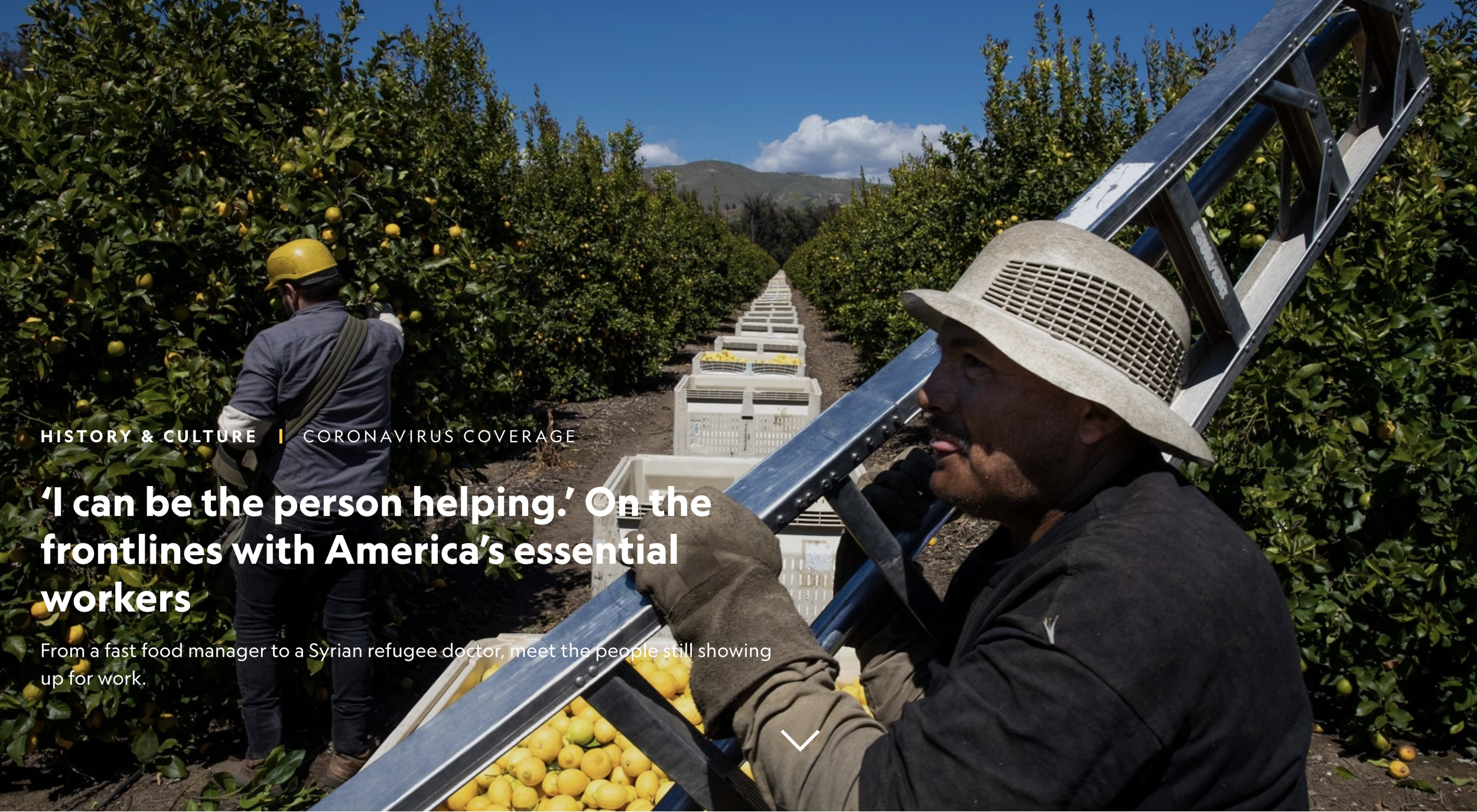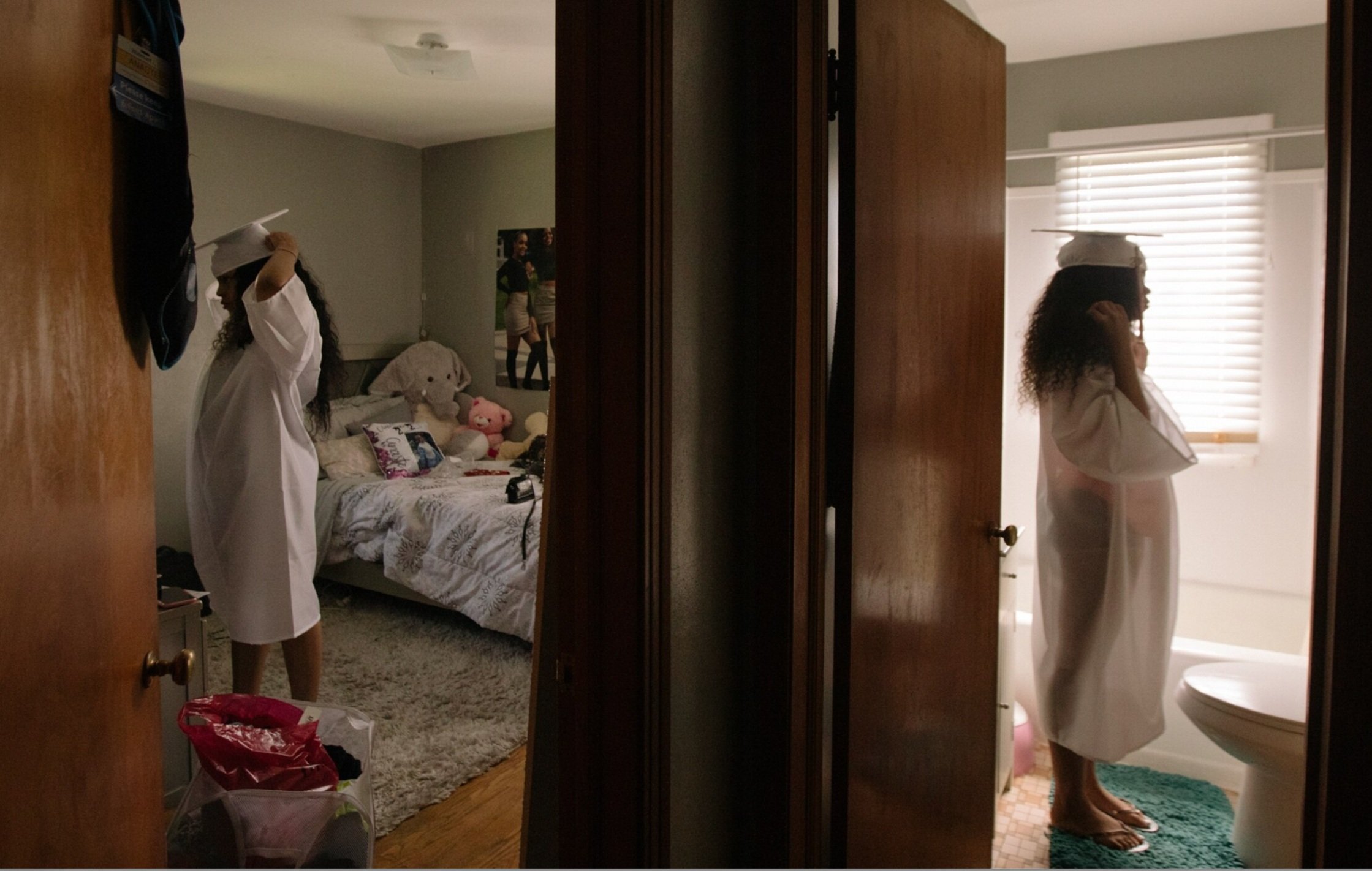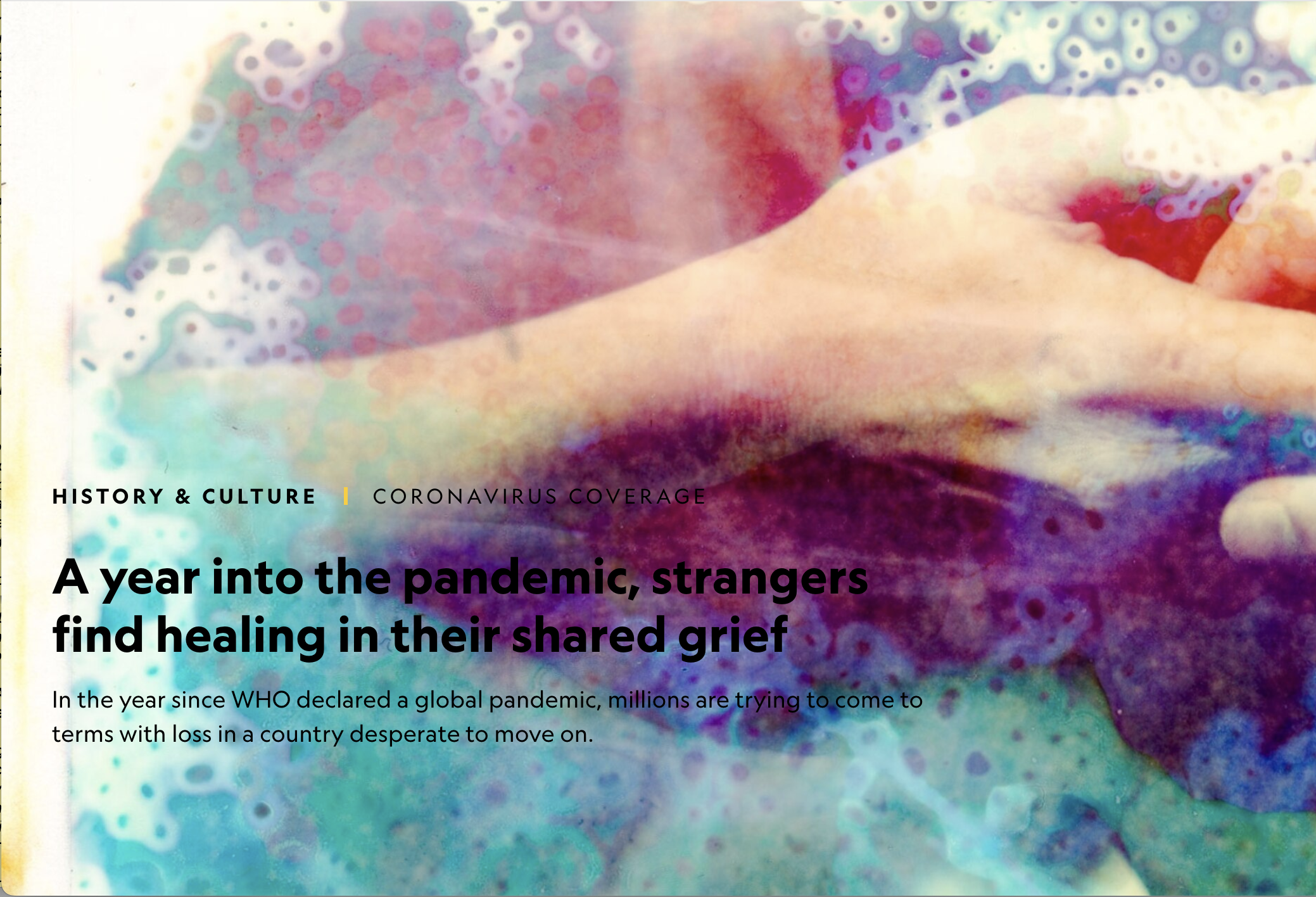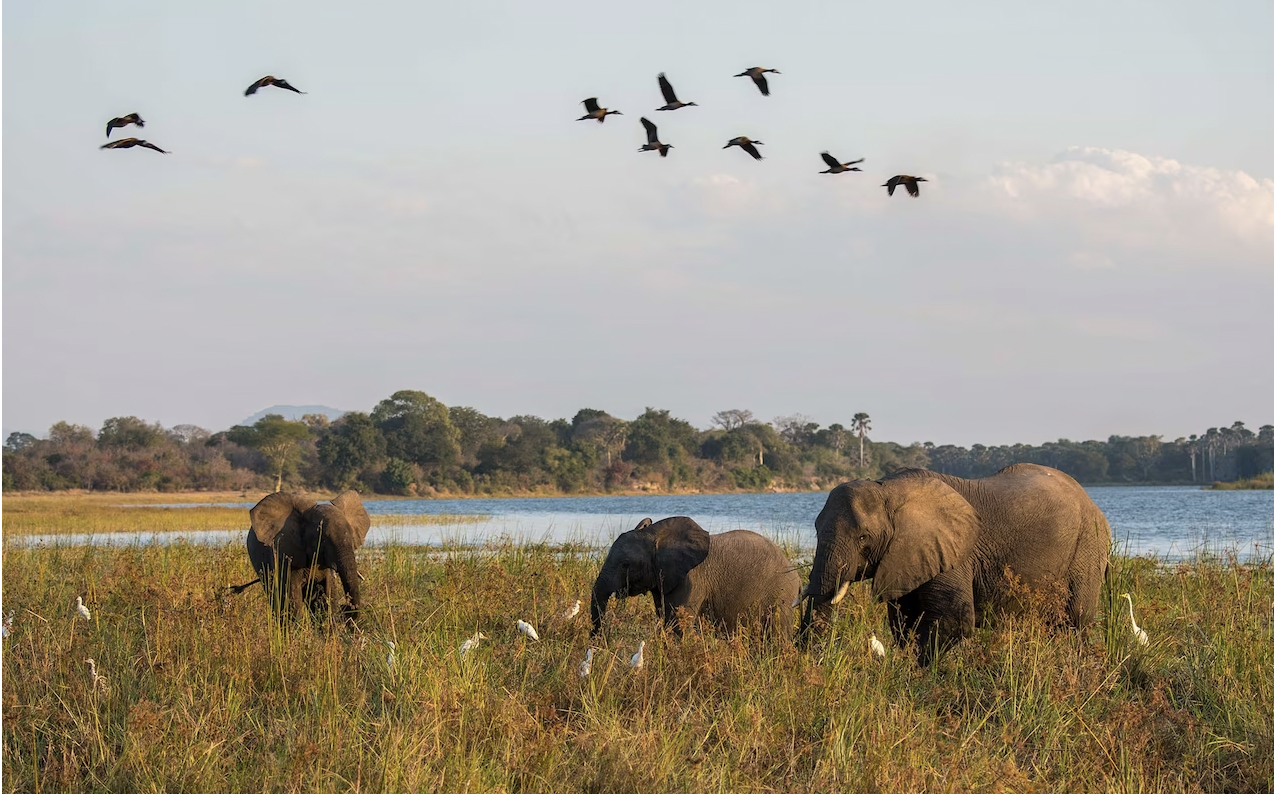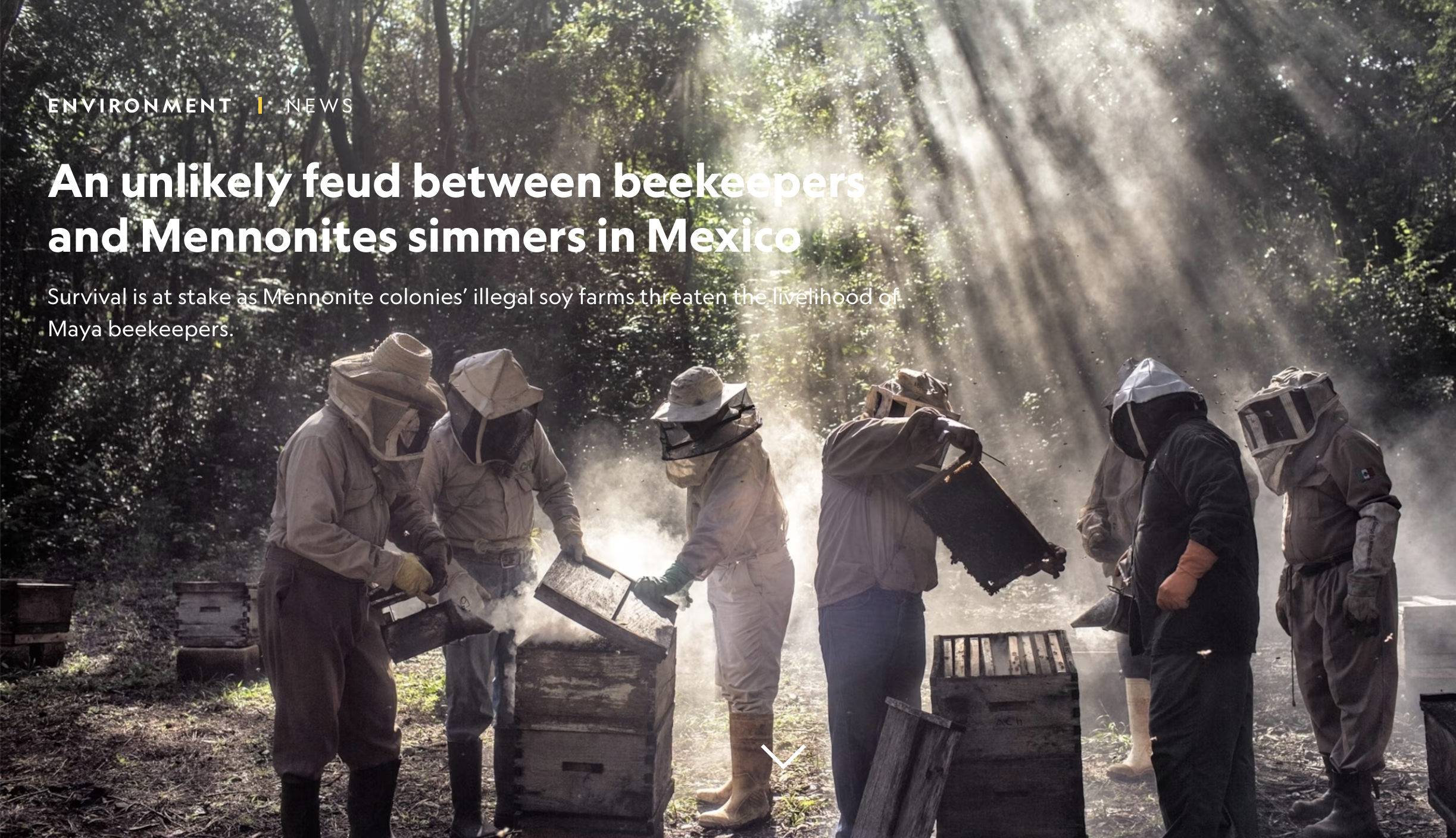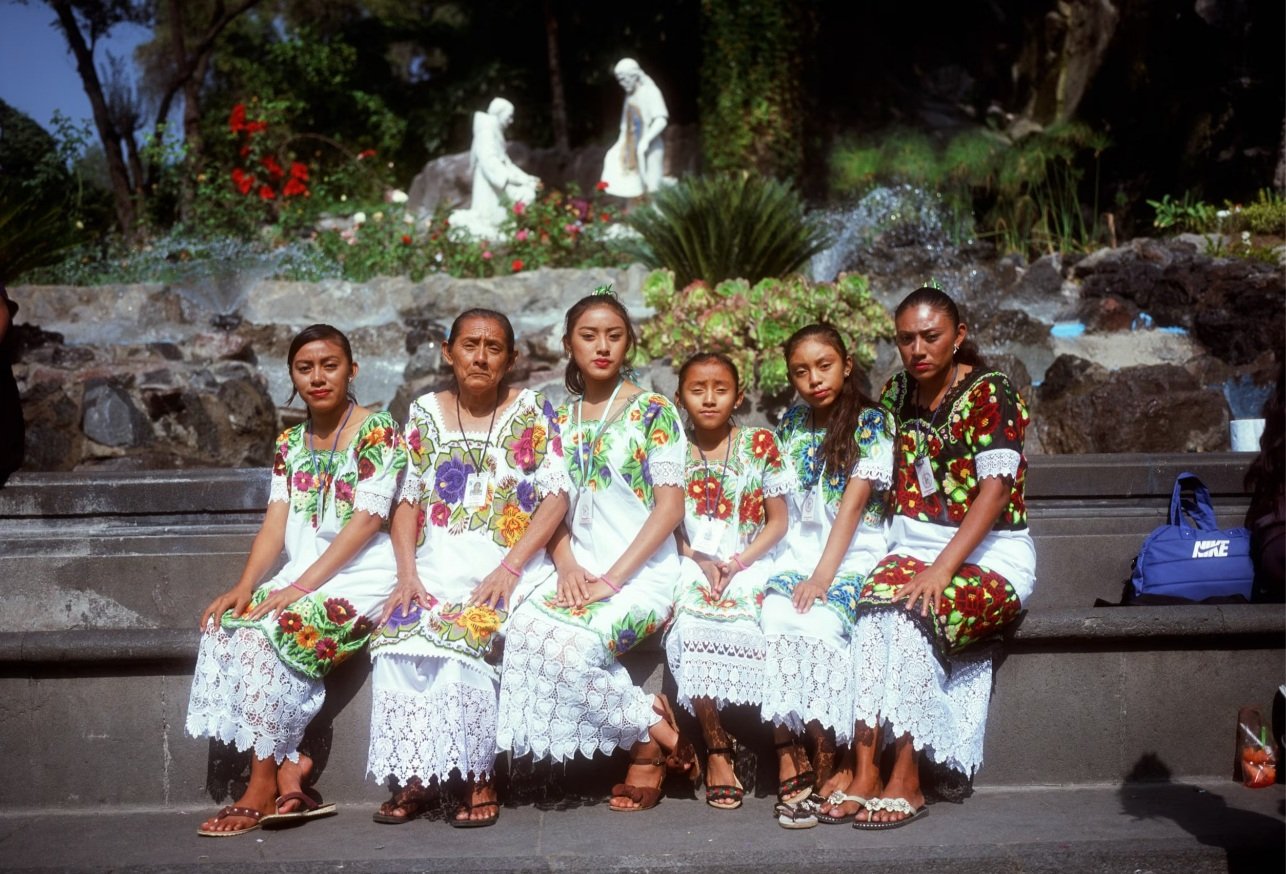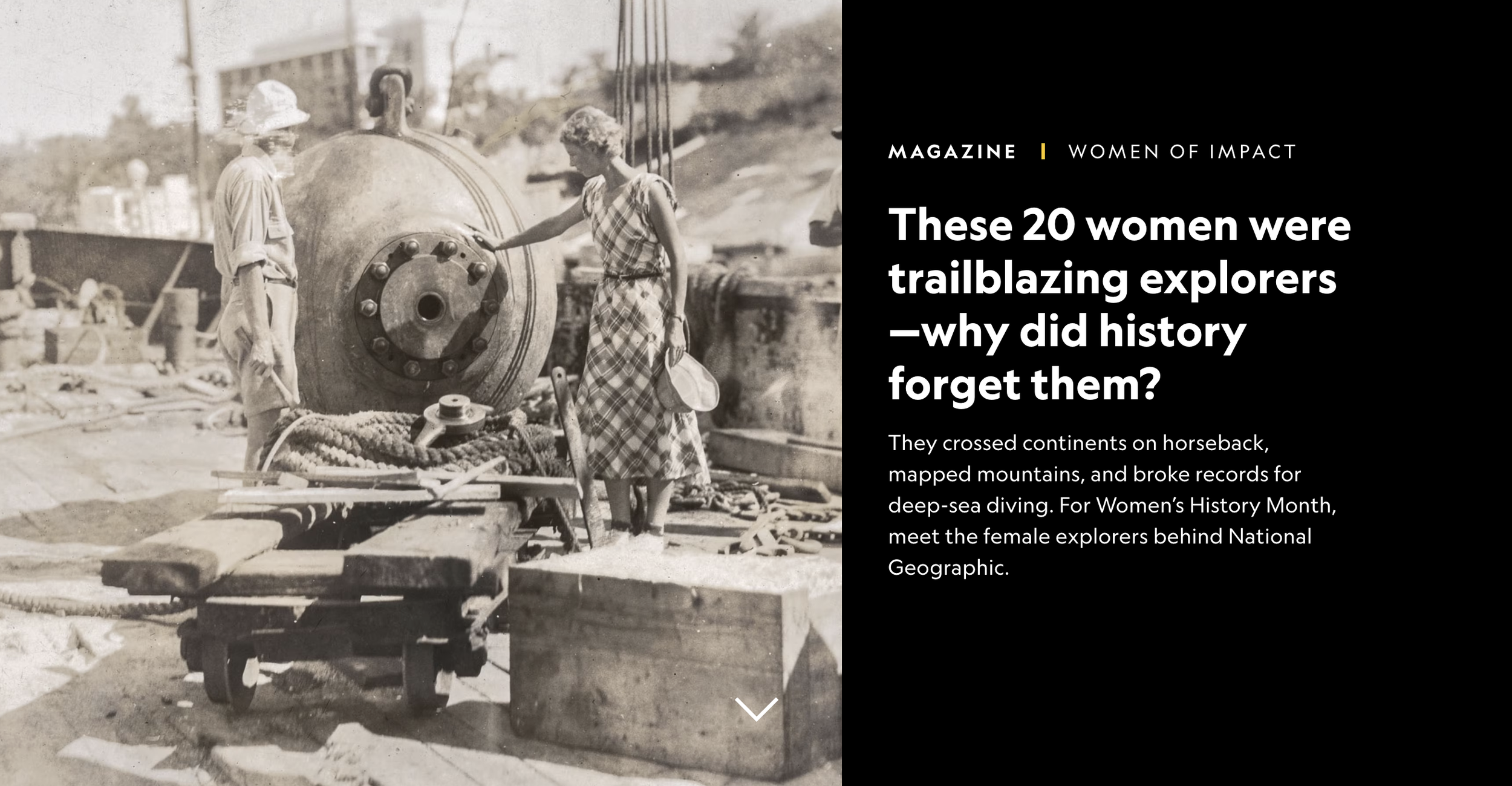storytelling
I’ve reported from 23 countries on topics spanning from massacre survivors and genocide cold cases to Jesus impersonators and Mennonite feuds.
Sometimes my stories are turned into podcast episodes, like this one about my journey along Europe’s first highway, or this one about a circus stranded far from home. Once, a story of mine was included in a book of travel writing.
They’ve also been adapted for TV, like this story about women living under the world’s harshest abortion ban for the National Geographic Channel, and this one about Congolese pygmies growing marijuana to survive for Vice.
migration
A hunger crisis forces Guatemalans to choose: migration or death
Sebastiana Amador sued the Guatemalan government over her daughter's right to food and then watched her die from complications of malnutrition. Now, her granddaughter faces the same fate.
How this quiet region in Guatemala became the epicenter of migration
Agustín Gómez was struggling under a mountain of debt when he decided to leave his village in the misty highlands of Guatemala and take his 8-year-old son, Felipe, to America. Ten days later, after crossing into Texas, Felipe fell sick. He was taken to a hospital, and died shortly after being released. It was Christmas Eve.
Follow three best friends crossing into Mexico with the migrant caravan
They met on WhatsApp and decided to walk 2,000 miles together. In mid-October Jackelin Martinez joined one of the messenger groups forming after thousands of migrants from neighboring Honduras trekked toward the United States. The conversation was a constant churn of information, sometimes dozens of messages a minute with prayers, packing lists, and meeting points.
This cheer squad is caught between two worlds—divided by a border
Ashley Esquivel’s alarm goes off at 5:45 a.m. in Juárez, Mexico. It’s a Friday in November, and she’s heading to high school in Texas, which means football. She pulls on blue sweats branded with the frowning bear mascot of her school, stuffs her cheerleading skirt into her backpack, and gets in the car. Her dad drops her at the U.S. border on his way to work.
Stuck at the border, migrant mothers confront a complex maze
As this Honduran mother administered COVID-19 tests to the new arrivals, she’d sometimes ask: Where did you cross? And when they left for a more permanent shelter, she’d exchange phone numbers with some and ask them to let her know if they eventually made it into the U.S.
This is what happens when the migrant caravan comes to town
Around 7:30 on a Friday night in early November Aremi Balboa Victorio, mayor of a small town in southern Mexico, received a call informing her that 1,500 immigrants from El Salvador were heading toward her.
Subcultures & Secrets worlds
How does a magician trick other magicians? We went to find out.
When Simon Coronel—a jigsaw puzzle designer and former IT consultant—stepped on stage to perform his magic trick, he looked out onto the most intimidating audience a magician can face: hundreds of other magicians. “This is like going into the Colosseum with the gladiators,” said one magician in the audience.
The spectacular tale of a stranded circus—and its great escape
Eduardo Segovia was eating at a restaurant in a small coastal town in Guatemala when he met Telma Nineth Segura Coronada. He thought she moved like an angel. He told her so, and invited her to leave her waitressing job and join his traveling show, the Segovia Brothers Circus. She knew instantly that it was her destiny.
Disaster ‘prepping’ was once an American pastime. Today, it’s mainstream again.
There’s a reason “preppers” like to talk about the zombie apocalypse. The idea of an army of walking dead swarming the country pervades their thoughts because, says Roman Zrazhevskiy, “If you prepare as if a zombie apocalypse is going to happen, you have all the bases covered.”
a day in the life of a theme-park Jesus
Under a small but imposing skyline of faux-ancient pillars, Ron and Chris Job prepare to watch their son in the role of a lifetime: Jesus Christ. For the past decade 44-year-old Michael Job (pronounced like the Book of—) has donned a crown of thorns and a loincloth they call “the diaper” at the Holy Land Experience, an immersive biblical theme park in the epicenter of American amusement: Orlando, Florida.
conflict
The cold cases of Guatemala’s civil war were impossible to identify—until now
For 14 years, a human skeleton known as 317-38-10 sat in a cardboard box stored in a metal shipping container on the rooftop of a building in Guatemala’s capital, Guatemala City. The number was a code.
Mourning refugees risk a war zone to bury their dead at home
Death is like that in Bidibidi. A refugee camp is built to be temporary, but within it there are shades of permanence that could someday outlast its inhabitants: a clinic, a water piping system, a final resting place.
Massacre Survivors Cling to Life in Giant Swamp
The war came to Leer on a Sunday morning in May 2015. William Dak and Margaret Nyakume spotted government troops approaching the remote South Sudanese town and ran into the tall grass behind their home. From this hiding spot, they watched as soldiers raped Margaret's cousin and set fire to houses with people trapped inside. For six hours, Margaret silently wondered if this was the end of her life.
These women fled Afghanistan. What's at stake for those left behind?
In the past month, Naheed Esar has spent her days settling into a new life as a doctoral student in the leafy college town of Fayetteville, Arkansas. At night, when her family in Afghanistan is just waking up, she calls them. “We try to calm one another,” she says. “But it starts with: Are you alive? Where is this person, where is that person?” She doesn’t get much sleep.
In Angola, Prince Harry joins quest to eradicate land mines
Early one morning in late September, the hum of a metal detector fills the air in a sparse field. A man in a plastic face shield and blue armored vest is crouched near the ground, scanning the wand over a meter-wide lane. He carefully marks the clear path with red-painted sticks: Inside is safe, outside is potentially deadly.
Afghan refugees are finding a warm welcome in small-town America
An Amish refuge, a college town, and the “Ellis Island of the South” are resettling more refugees per-capita than any other U.S. cities.
Can Archivists Save the World’s Newest Nation?
In a classroom off the main dirt road of a sprawling UN camp, a man in a leopard-print tunic is standing by a whiteboard, explaining to a dozen students how 64 tribes can coexist in the world’s newest country. On the board he’s scrawled, “Cultural Diversity in South Sudan.”
The Refugees Forced Back Into Syria
Ahmad is invisible. He uses a fake name, rarely ventures outside, and moves his family between apartments in Jordan’s capital of Amman frequently, sometimes at a moment’s notice if he thinks his cover has been blown.
In Kosovo, war survivors turned homes into their own museums
Fadil Muqolli has spent more than two decades trying to rebuild his life. He remarried, raised two sons. “My new family,” he calls them. But there is no escaping his past when he lives a short walk from its charred remains.
World's Harshest Abortion Ban Has Women with Zika Fearing Prison
In April, nurse Julia Pineda was making her rounds at the hospital in Suchitoto, a lakeside town in El Salvador, when she developed a rash. As her symptoms multiplied—high fever, red eyes—the petite 32-year-old consulted a colleague, who offered a preliminary diagnosis: Zika. Pineda was 10 weeks pregnant with her third child, and terrified.
On the Front Lines of El Salvador’s Underground Abortion Economy
The doctor doesn’t want his real name used, and when asked what he’d like to be called instead he laughs. “Dr. Hell,” he says. With a straw fedora, white Ralph Lauren button-down, and trimmed goatee, he looks better suited to the Hamptons than performing illegal underground abortions in El Salvador, a violence-wracked sliver of Central America that was recently crowned the world’s murder capital.
In Uganda, a unique urban experiment is under way
All week David Kwaje has been walking along dirt roads, plotting every business, church, school, clinic, water tap, and light source on a digital map. At each stop he marks the location and asks detailed questions: Does your school have running water? What hours is this store open? How many doctors does the clinic have?
The powerful poets of somaliland
It was a dark February evening when a young Somali math professor posted a poem on his Facebook page.
In Somaliland, an autonomous region perched at the northern tip of Somalia, poetry had sparked wars, toppled governments, and offered paths to peace.
natural disasters & Pandemics
Everything west of this small town avenue is intact. Everything else is gone.
The day after the devastation, as Ron Medinger surveyed the rubble of his home, he took a picture of the tomato bed. On a square of blackened soil, around two empty plant cages, charred tomatoes lay scattered like lumps of coal. That night he posted the photo to the town historical society’s Facebook page. “I think I may have done something wrong with our Talent Tomatoes. Not enough water maybe?”
After Wildfires took her home She returned on an outlaw mission
On a hazy afternoon last week, an odd threesome headed toward a National Guard roadblock in southern Oregon: Libby Dimick, a 65-year-old nurse, clutching three flower bouquets; Logan Vaughn, a local handyman friend of hers; and Logan’s 15-month-old son Trace, whom Logan pushed in a stroller that also carried a shovel and a metal detector.
After the fires, those left behind start fresh from a roadside motel
Little distinguishes the Best Western Horizon Inn from the row of other chain motels strung along the highway in Medford, Oregon. Two stories of rooms with a brick façade wrap around a parking lot and a small pool. But in the late afternoons, a unique collection of guests filters into the parking lot to mingle.
On the frontlines with America’s essential workers
On a Friday morning in early April, Heval Kelli covered himself in head-to-toe scrubs, a hair net, mask, and booties. Then he took his place as a volunteer physician among the traffic cones winding a course through a COVID-19 drive-thru testing site in the small town of Clarkston, Georgia. It was here, on the outskirts of Atlanta, that Kelli had first arrived 19 years earlier as a refugee from Syria.
high school grads say goodbye to a senior year stolen by coronavirus
The Berry twins—Zakiria (the shorter one) and Anaste (the fashionable one)—waited in their mom’s red Chrysler for the parade to start. They wore long white robes, like all the girls in St. Francis High School’s class of 2020, with white mortar boards pulled over curly hair extensions they’d gotten the day before. A blown-up portrait of the twins in matching schoolgirl uniforms—taken months before coronavirus snatched away their senior year—was taped to the back windshield.
A year into the pandemic, strangers find healing in their shared grief
Shortly before Christmas, Flor Betancourt visited her neurologist for a routine appointment. She couldn’t help but mention that her younger brother died of COVID-19 last spring, and hadn’t called or texted her to say goodbye. Since last April 26, she’d been torturing herself and everyone she knew with the same question: Why hadn’t Juan called her from the hospital or answered her calls?
Her quinceañera was going to be the biggest day of her life—then came lockdown
When Karla González Toro turned 15 on September 9, she knew the day would not be marked with a party. Havana, where she lives, was under lockdown after a spike in COVID cases, and Cuba’s food shortages were the worst in recent memory. The González family had meat to eat only because Karla’s parents had begun keeping pigs three years earlier to raise money for a special event: their only daughter’s quinceañera.
conservation
A Belgian Prince, Gorillas, Guerrillas & the Future of the Congo
On April 15, Prince Emmanuel de Merode’s hulking Land Rover kicked up clouds of dust as he navigated it past the skeletal grey buildings of Goma, a provincial capital in eastern Democratic Republic of the Congo, and on to the bumpy road that would take him to Virunga National Park, his home.
Why Pygmies Are Dealing Weed to Survive in the congo
Nana sleeps on a pillow of marijuana. It’s a trick his grandfather taught him to make the buds more potent, he explains while tending his sparse plot at the edge of his village. The current offering of a few dozen plants is unimpressive., but his crop was lush, he says, before Congolese army soldiers confiscated it.
Inside Prince Harry's efforts to preserve African parks
In 2016, Prince Harry flew over a forest reserve in southern Malawi called Mangochi. He was shocked by what he saw. Though the reserve borders one of the country’s most popular safari destinations, it looked badly deforested and neglected. People had started moving in past the park’s borders. “These communities are encroaching way beyond where they should be and this whole place is on fire,” he recalls thinking.
She Fought for a Shark Sanctuary. Does It Work?
They are on a boat dock, hands coated with the innards of a yellowfin tuna, when Konini Rongo and Bella Smith learn that they live in one of the world’s largest shark sanctuaries.
An unlikely feud between beekeepers and Mennonites simmers in Mexico
“How did it start?” asks Everardo Chablé. He’s propped on a stool in his living room as the daylight fades outside. The only noise in this tiny Mexican town in the Yucatán Peninsula—where there’s no cell signal and little electricity—comes from the music his father is blasting in the yard. He speaks up. “For thousands of years the Maya people had bee culture. Then the Mennonites came with large machines.”
Travel
How to Hike One of the World's Most Dangerous Volcanoes
Few things rattle residents of the eastern Democratic Republic of Congo. For decades they’ve lived with wars and rebellions spilling out from their jungles—all while keeping a wary eye on the mountain with a halo of smoke looming over the region.
Going Home: Krakow
A few times a year throughout my childhood, my mother and I sat around a tan suitcase. She’d pop open the single working hinge and pull out sepia-toned photographs and frayed papers—curfew extensions, identity cards, immigration forms. The suitcase held the remaining tangible links to my grandparents’ prewar lives.
The Race to Save the World's Disappearing Languages
Blue awnings advertise the space for weddings and events. Inside, an entryway is covered with the saccharin smiles of “Miss Gottschee” contestants from decades past. “Back then you had to know the language to compete,” says 92-year-old Alfred Belay, pointing out his daughter’s beaming face from the 1980s. Nowadays, there are years with only a single contestant in the pageant.
Every year millions of miracle-seeking pilgrims visit Mexico City
Andrea Flores Nuñez began to pray in her hospital bed after the birth of her son. As they rushed him to an incubator, she repeated a promise to the Virgin of Guadalupe, Mexico’s beloved patron saint: “If my son comes out OK I’ll go to the basilica on my knees.”
A Roman-era ‘superhighway’ is disappearing. Italy has a plan to save it.
There’s a McDonald’s on the outskirts of Rome where, after ordering a pancetta-laden Big Mac, you can peer through the glass floor and see—a few yards below—flat, gray paving stones of an ancient Roman road and twisted skeletons embedded in a two-millennia-old gutter.
The Hyena-Worshipping, Beer-Brewing, Rainbow-Colored ‘City of Saints’
Fifteen minutes outside the ancient walled city of Harar, Ethiopia, is a flaming garbage dump. The trash seems to stretch to the mountains in the distance, and the flames offer enough light to see the fragments of bone flattened into the dirt and shadowy figures slinking behind clumps of brush. As dusk settles in, the man lets out a series of long whistles. “Jalla? Dibbey!” he calls, and suddenly the howls of hyenas surround us.
In search of lost magical summers in the Catskills
“Does this remind you of your childhood?” I ask my mom. I had already posed the question a half dozen times on our journey to find remnants of the summers she spent in New York’s Catskill Mountains in the 1950s. So far, the answer had always been no.
history & mysteries
The great hunt for the world's first LGBTQ archive
For 50 years, all traces of the world's first LGBTQ archive were thought to have been destroyed by the Nazis. Then, a suitcase turned up in a dumpster.
The archaeological treasures that survived 9/11
In the Six World Trade basement sat a million historical artifacts from sites across the city that told the origin story of NYC, the history of enslaved men & women & immigrant working classes who built it.
The Nazi who infiltrated National Geographic
At around 10 o’clock on an April night in 1941, a strange radio program began broadcasting from Germany. American listeners tuning in to a shortwave station heard the melody of “Yankee Doodle” and the clopping of horse hooves, followed by a man speaking. “Tonight I, an American observer, come galloping on the radio,” the first broadcast began.
America’s long history of scapegoating its Asian citizens
Danny Satow was walking home in Federal Way, a suburb of Seattle, when a heavy object slammed into her chest. A car whizzed by and a disembodied voice yelled a racial slur. The car melted into the rush of traffic, and Danny leaned over to pick up the liter of water that had hit her. Her collarbone stung, but she told herself it didn’t matter, she was fine.
Oregon once banned Black people. Has the state reconciled its racist past?
“The reason we don't talk about Black people in the narrative of our state’s development is because there were explicit laws placed to keep Black people out of Oregon.” Sometimes this fact makes Fort Clatsop’s visitors visibly uncomfortable.
These women were trailblazing explorers—why did history forget them?
Be sure you’re the first woman somewhere,” an editor advised Dickey Chapelle as World War II escalated. Chapelle took the advice and sneaked ashore with a Marine unit during the Battle of Okinawa in 1945, flouting a ban on female journalists in combat zones.
This magician escaped slavery by mailing himself to freedom
On an early spring morning in 1849, an enslaved Black man named Henry Brown folded himself into a three-foot by two-foot wooden crate. Twenty-seven hours and 350 miles later, he arrived at the home of William Johnson, a Philadelphia barber who collaborated with the Underground Railroad, a network of people, safe houses, and routes that guided enslaved people to freedom.
Did the Virgin Mary Warn Rwanda's Holiest Town of the Genocide?
Before Kibeho, a village spiraling up one of the area’s many hills, became a notorious killing ground during the Rwandan genocide, it was the country’s most celebrated holy spot. For nine years in the 1980s, it gained worldwide fame after a streak of schoolgirls claimed the Virgin Mary appeared to them with messages, including one that foreshadowed the country’s devastating genocide.
'Argo' in the Congo: The Ghosts of the Stanleyville Hostage Crisis
Captain Mack Secord surveyed the thick jungle from his cockpit window and steered the Lockheed C-130 transport plane along a smooth cut made by the snaking Congo River. Dawn was rising on November 24, 1964, and there was a slight fog but otherwise clear visibility. From the height of 700 feet, a lush uniform green obscured the destruction unfolding below him.
On the Hunt for National Treasures With America’s Archive Detective
Mitch Yockelson knows what’s missing by heart. There’s an arsenal of diamond-encrusted daggers, swords, and scabbards gifted to Harry Truman by a Saudi prince and the Iranian shah—all stolen from his presidential library in 1978. There’s Franklin Delano Roosevelt’s official White House portrait—it went missing in a move. And there’s a batch of Abraham Lincoln’s telegrams that just up and vanished.

















